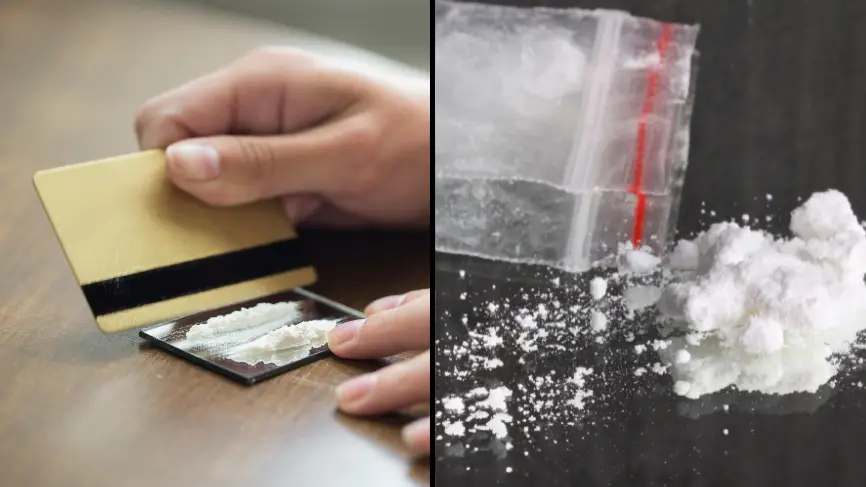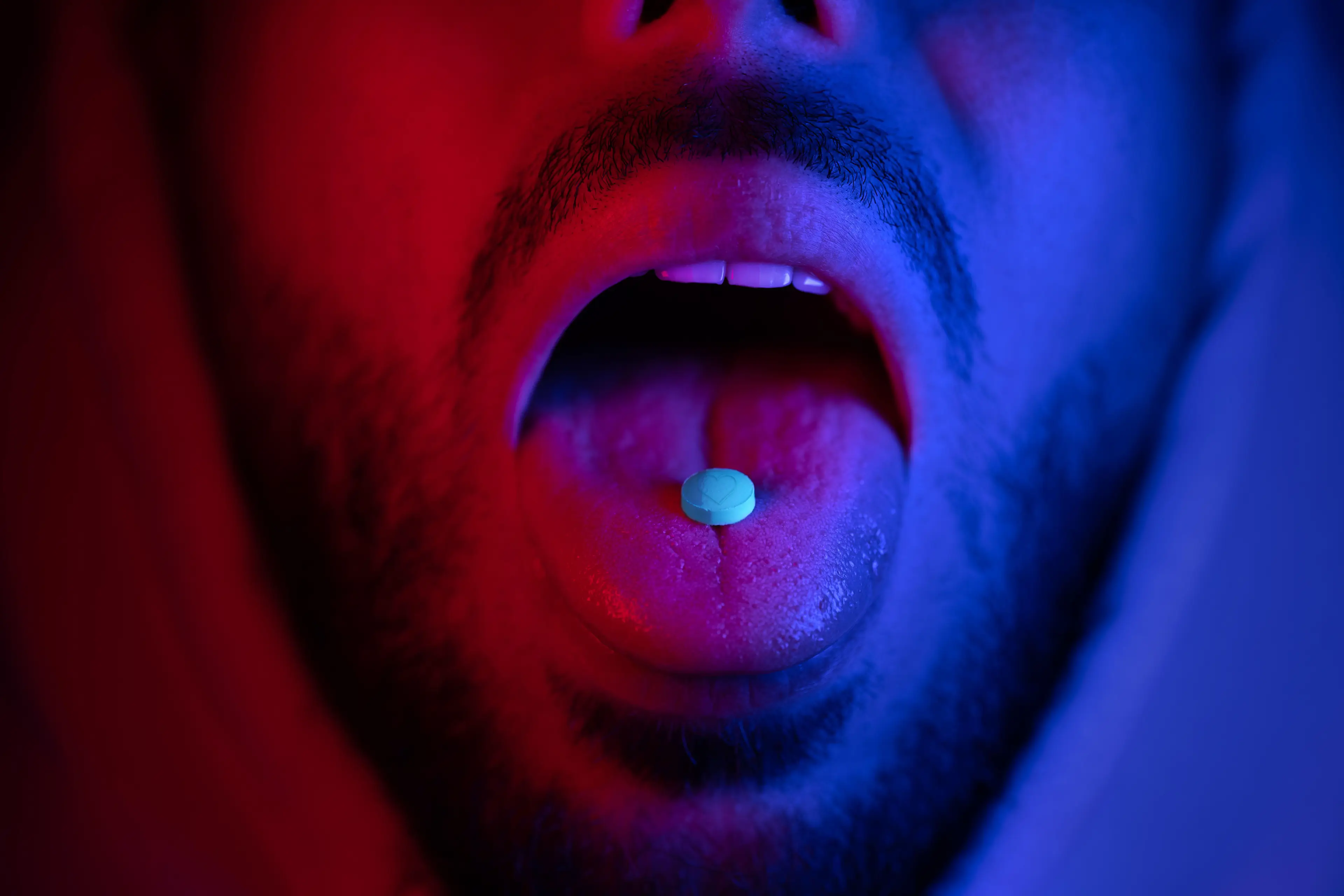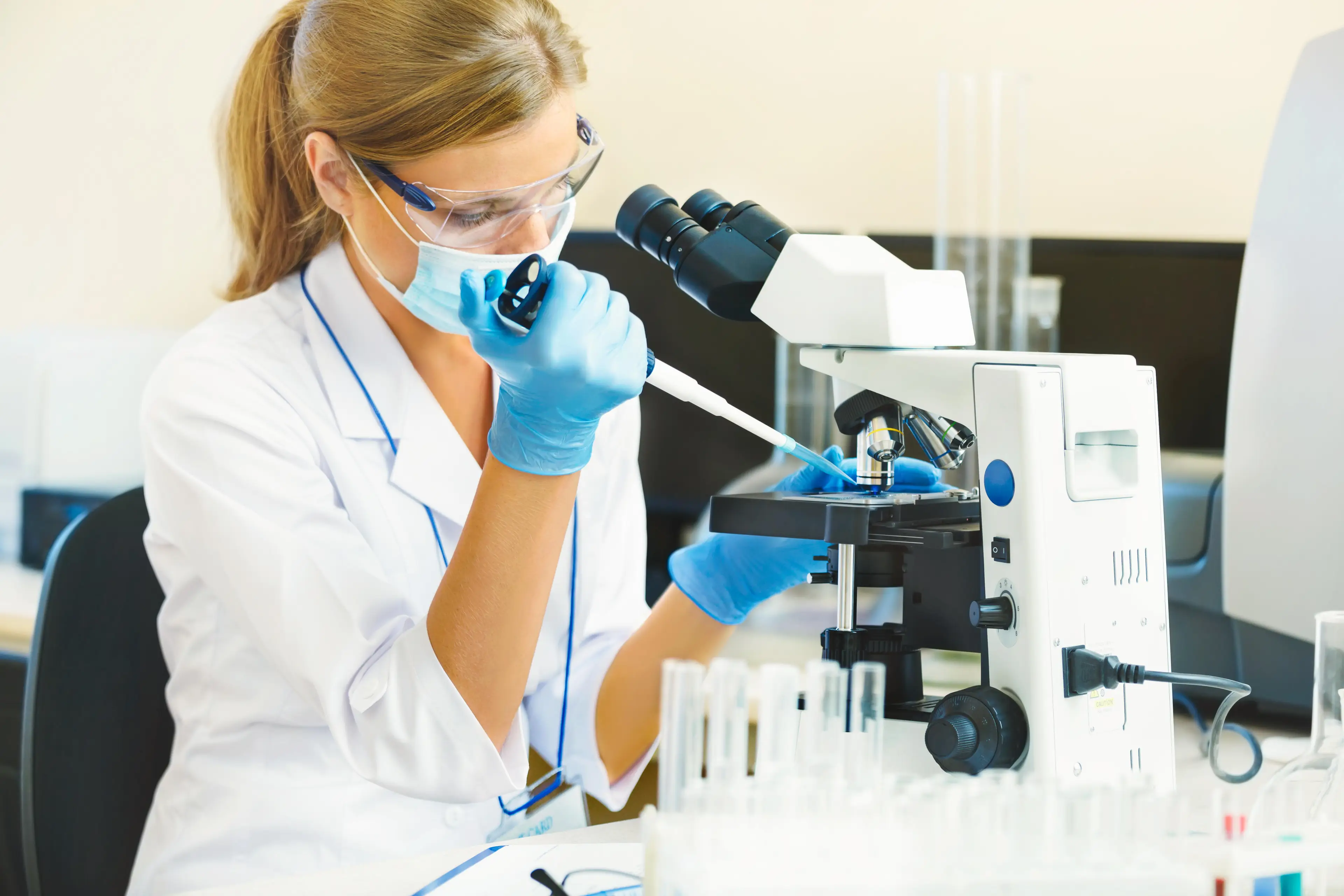
Australia’s first government-backed drug and pill testing facility has found that some 'drugs' tested returned wholly negative results of the illicit substances it was supposed to be made up of.
A majority of samples handed for analysis contained a number of other harmful substances instead.
In the first month of operation, Canberra’s CanTest health and drug checking clinic examined 58 samples of illicit substances.

Advert
Of those 58 people who handed in their samples to be tested, 18 people threw away their drugs away after learning that what they had bought did not match up with what was advertised to them at all.
Cocaine was found to be the most corrupted substance, with researchers reporting that the cocaine tested had purity levels of below 27 per cent.
A significant chunk - 40 per cent - of the samples contained no cocaine at all.
According to The Guardian, one of the cocaine-free samples of 'cocaine' included a cutting agent called dimethyl sulfone, a drug used to treat osteoarthritis and joint pain.
Another person had been sold one very expensive, tiny bag of pure sugar.
Other samples were cut with pointless fillers such as talcum powder.
Heroin samples were found to contain purity levels of 31 per cent to 63 per cent.
The sample that was collected the most in the clinic's first month was MDMA or ecstasy, with 65 per cent of samples containing the required ingredient of methylenedioxymethamphetamine.
The dodgy samples were analysed at the Australian National University Research School of Chemistry, with Associate Prof Malcolm McLeod pointing out that drug and pill testing provides healthcare workers and the government with an insight into what is actually being sold on the black market.

"They also suggest the service is reaching a far broader cross-section of the drug-taking community than what was possible from Australia’s first festival-based pill testing services conducted in previous years," Prof McLeod said, as per The Guardian.
Associate Prof David Caldicott from ANU’s medical school helped oversee the drug testing service.
He said the testing facility is beneficial to 'a new generation of young consumers, many of whom have never sought advice on their drug consumption before'.
He told The Guardian drug users are not 'some sort of Cookie Monster personified [who] can’t be negotiated with'.
The clinic also tested for the highly dangerous drug fentanyl.
"To date, we have tested 15 samples for traces of fentanyl, with none showing signs of these dangerous and potent synthetic opiates," Caldicott said, as per The Guardian.
The deadly drug, which is a synthetic opioid, killed 71,238 people in the US in 2021, which rose from 57,834 in 2020, according to WebMD.